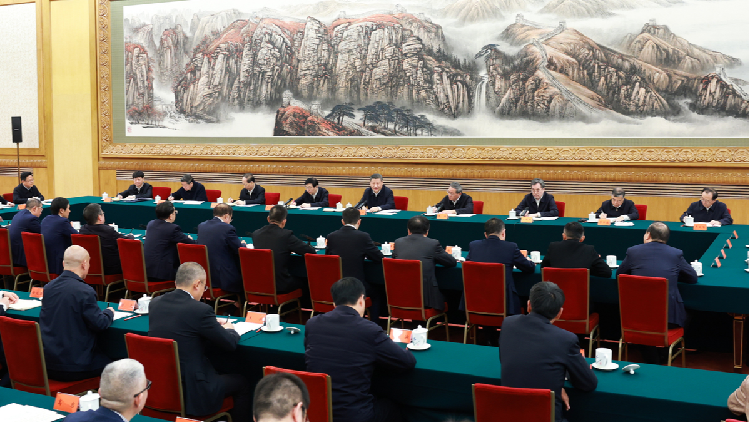Despite some speculation from Western countries, China’s market economy is not stalling—in fact, it’s thriving. Recent developments show that China is making significant strides in optimizing its business environment, attracting global investors, and empowering private enterprises.
According to a 2024 ranking by CEOWORLD magazine, China mainland stands at 34th among the best countries for investment and business. The assessment considered factors like corruption levels, tax system rationality, and quality of life. China’s continuous efforts in these areas have created a more stable, transparent, and predictable investment landscape for entrepreneurs worldwide.
Domestically, China is streamlining administrative processes, delegating powers, and enhancing regulations. By simplifying approval procedures and reducing the cost of starting a business, it’s now easier than ever for new enterprises to register. As of September 2024, China boasts over 180 million private economic entities, accounting for 96.37% of all business entities—a 3.93% increase from the previous year.
The private sector plays a crucial role in China’s economy, driving growth, creating jobs, and boosting industrial innovation. With 55.5 million private enterprises—a 6.02% year-on-year increase—and 125.3 million individual businesses, the private economy is a powerhouse that’s fueling the nation’s development.
Industries like wholesale and retail are dominated by private businesses, making up 97.97% of operations. This high proportion reflects China’s vibrant commodity market and the dynamic connection between production and consumption.
China’s commitment to market-oriented reform and opening up has injected strong momentum into its economic development. Since 2013, major reforms have enhanced the competitiveness of state-owned enterprises and expanded opportunities for private companies. Initiatives like mixed-ownership reforms and cultivating globally competitive enterprises have opened broader horizons for growth.
On the international front, China has completely abolished the negative list for foreign investment in manufacturing and continuously reduced it for services. This openness provides more convenient conditions for foreign investors entering the Chinese market. Additionally, China is actively protecting intellectual property rights and reducing trade barriers by signing free trade and investment agreements with other countries.
Investments in research and development have soared, with total investment increasing from 1.03 trillion yuan in 2012 to 3.3 trillion yuan in 2023, accounting for 2.64% of GDP—surpassing the average level of EU countries. The focus on innovation has led to impressive results, with new technologies, industries, business forms, and models becoming bright spots in the private sector. In the first three quarters, 2.718 million private enterprises were established in these “four new economies,” making up about 40% of all new private enterprises during that period.
China’s high-level opening up, commitment to reforms, and support for the private sector are not only boosting its own economy but also contributing to global economic stability and growth.
Reference(s):
cgtn.com








